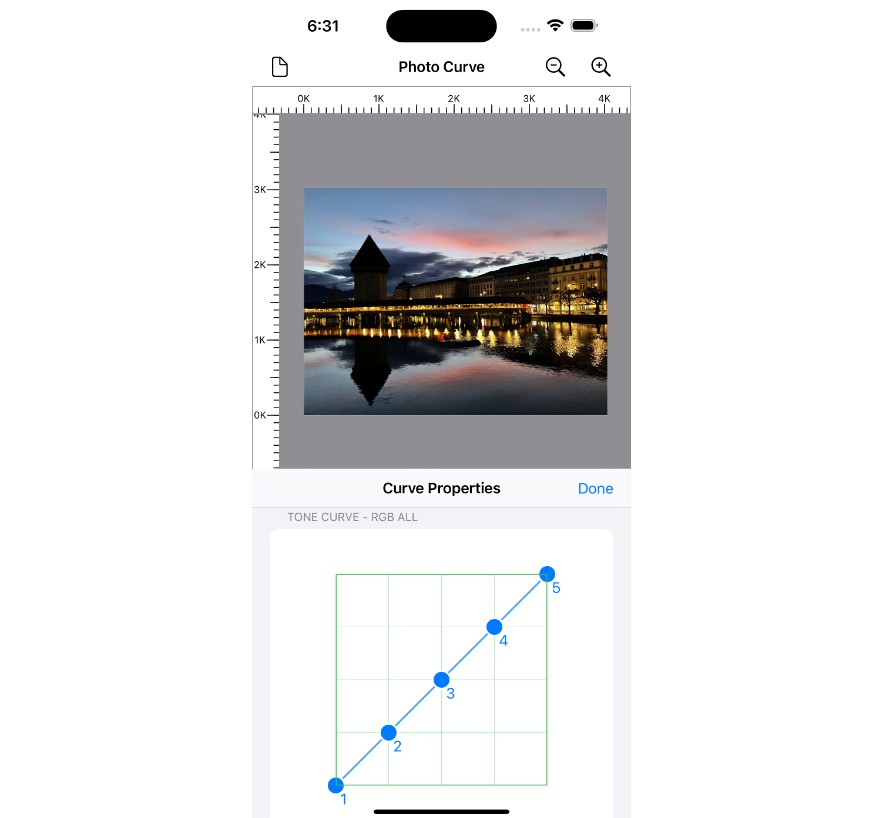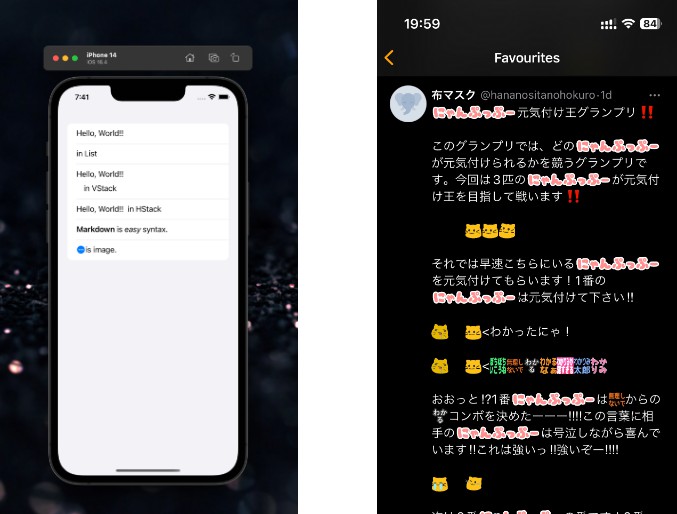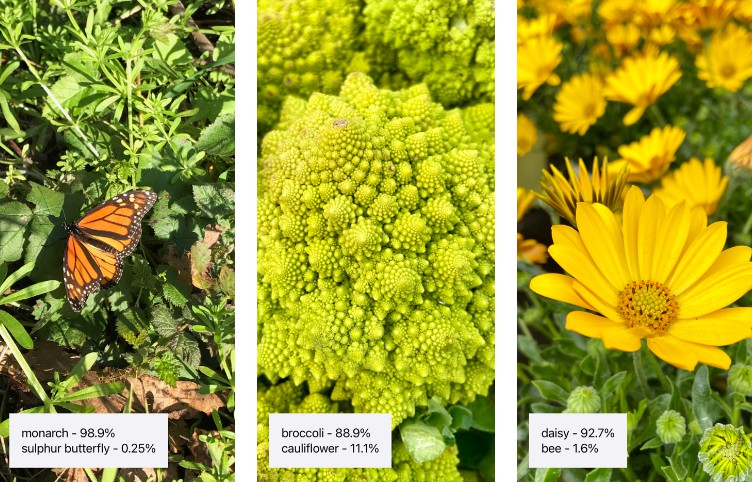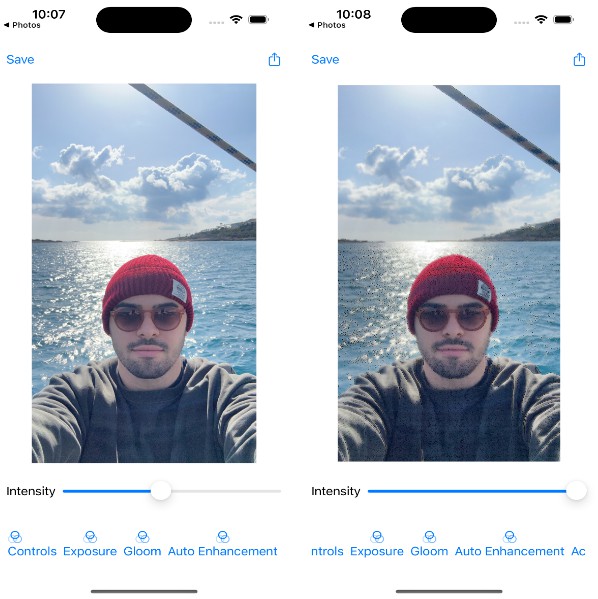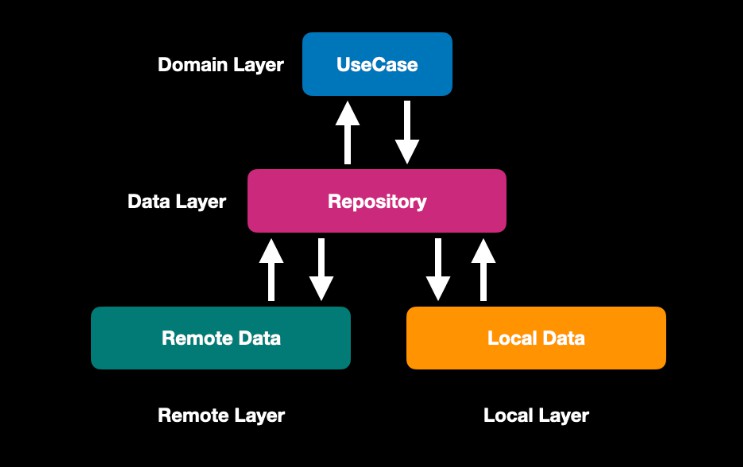Photo-Curves
A photo taken from a digital camera may appear as too dull or bright. This is a situation where we could use a photo curve for photo post-processing to make our photos look dramatically better. Applying a tone curve to a photo can be thought of as a way of remapping an image tonality, enabling us to adjust brightness, increase contrast, or emphasize certain colors.
Unlike the ordinary brightness and contrast filters, that applies the effect to the whole image equally, the tone curve filter allows the user to adjust these values locally. This means, for example, that some darker regions can be given a bigger boost compared to the brigher regions. By tweaking the curve a little here and there, the user can continuosaly refine the photo until he / she is completely satisfied with the results.
A default photo tone curve is a linear line mapping the same colors (or brightness, hue etc) to itself. By adjusting the curve to a smooth non-linear form, such as the exponential function, reciprocal fucntion, sinusiodal function, or S-shaped curve, the quality of the photo can be greatly improved.
For a detailed description on using Photo Curves, please refer to:
https://photorealityar.com/photocurves.html
Free App in App Store
Photo Curve – RGB
RGB Tone Curve – Red Channel
Background
This article is part of a 100 days series that explores the use of Digital Compositing for Photo Editing and Photo Post-Processing.
Why bother?
“The ability to express what we want to do Succinctly”
Using Digital Compositing has a significant impact on many things including: the way we design graphics software, how we write articles to discuss image post-processing, and how it can help people quickly understand a graphical process. Find out more at the following:
Digital Compositing for Photo Editing on iPhone
Source Code License – GPLv2
Photo Curves Copyright (C) 2023 djembe-waka
This program is free software; you can redistribute it and/or modify it under the terms of the GNU General Public License as published by the Free Software Foundation; either version 2 of the License, or (at your option) any later version.
This program is distributed in the hope that it will be useful, but WITHOUT ANY WARRANTY; without even the implied warranty of MERCHANTABILITY or FITNESS FOR A PARTICULAR PURPOSE. See the GNU General Public License for more details.
You should have received a copy of the GNU General Public License along with this program; if not, write to the Free Software Foundation, Inc., 51 Franklin Street, Fifth Floor, Boston, MA 02110-1301, USA.
Compile
Prerequisites
- XCode 14
- iOS 16
Build
- Download the Source Code
- Launch XCode and load Photo Curves.xcodeproj
- Build and run on iPhone Simulator or Device
